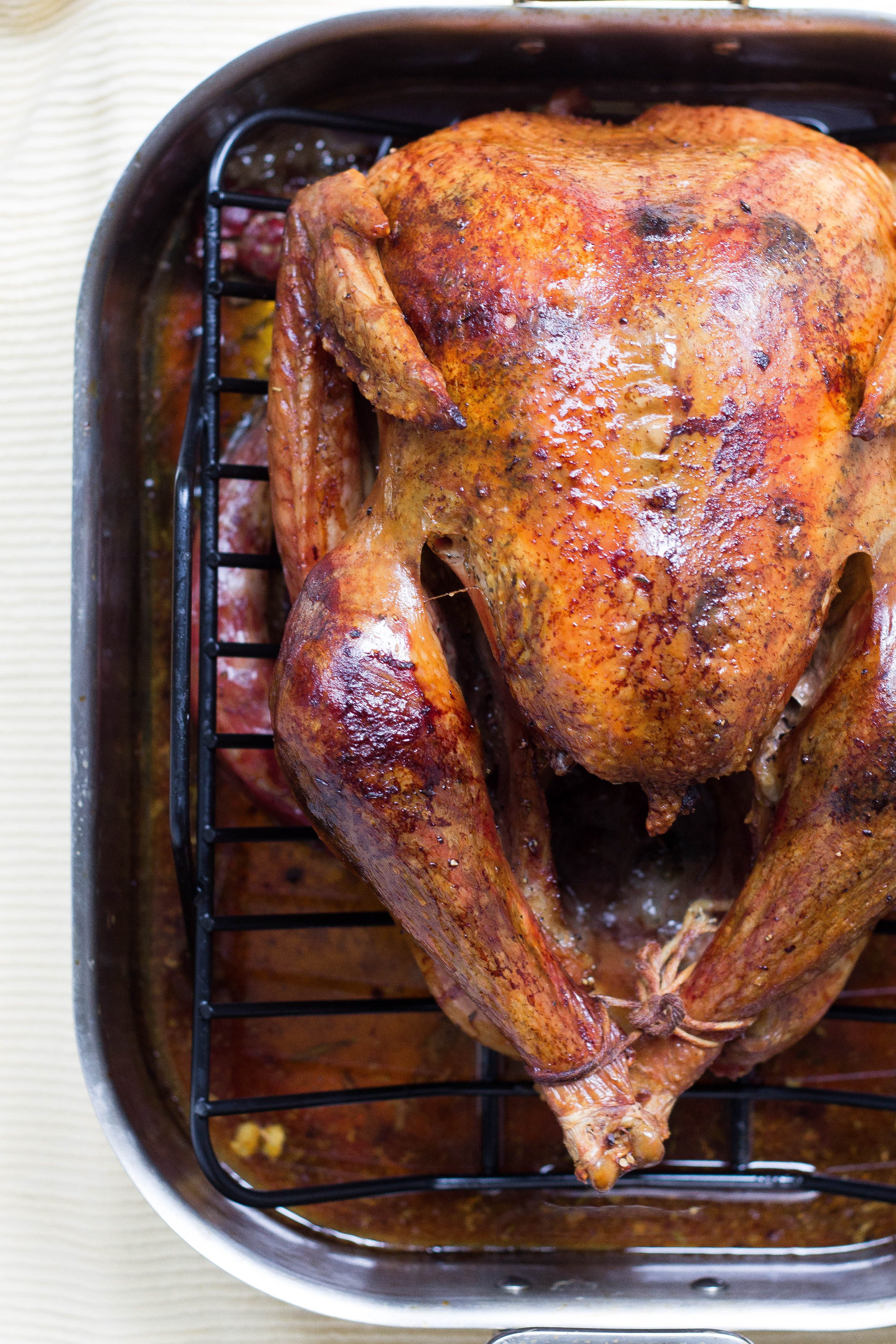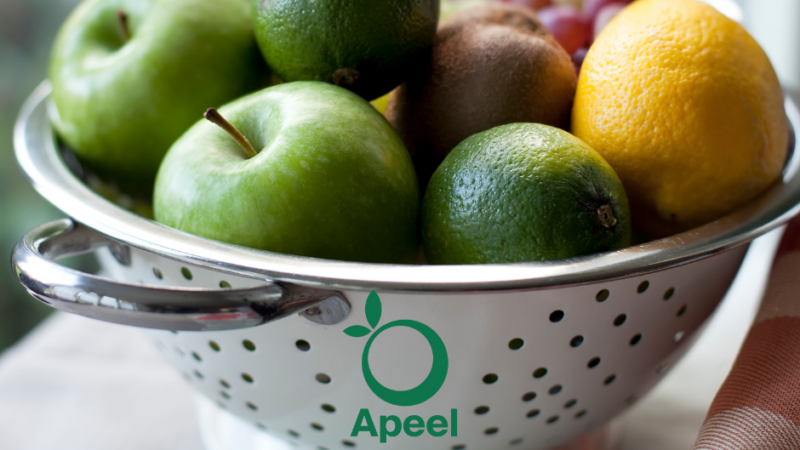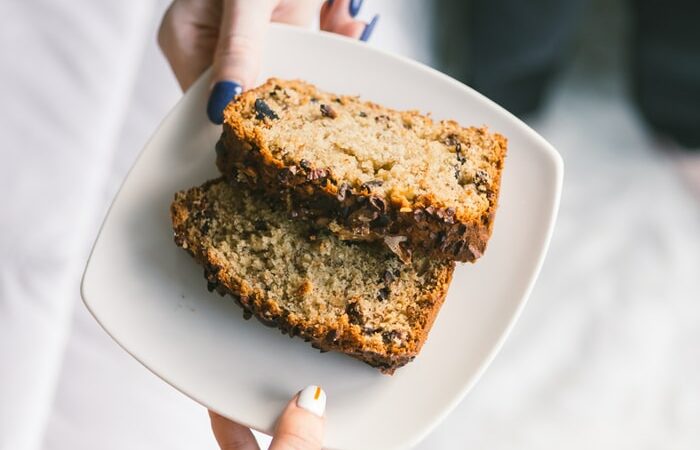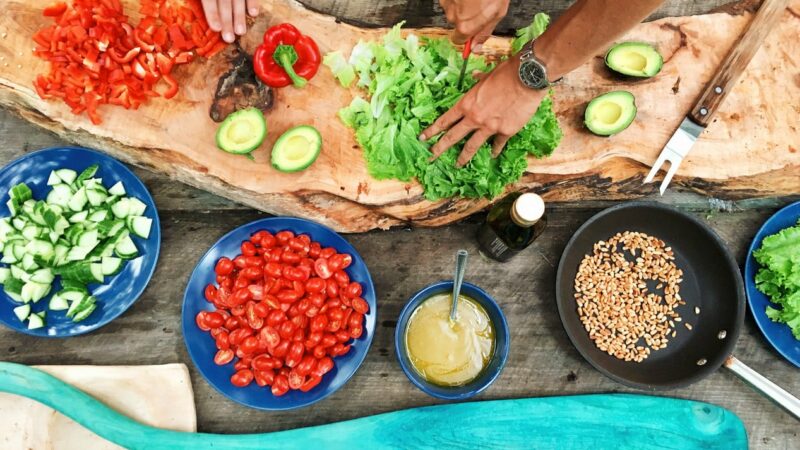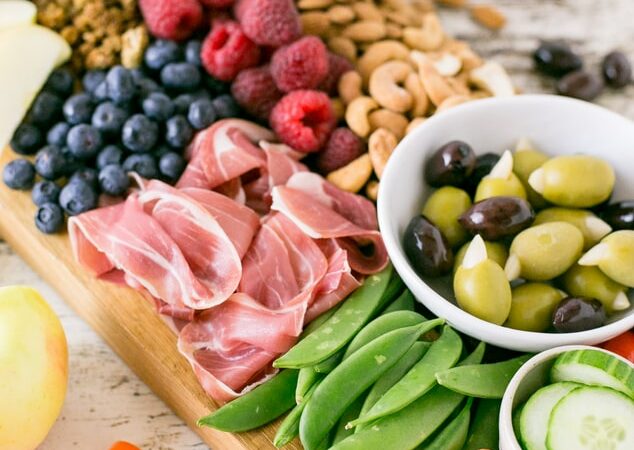Talking Turkey Labeling: Conventional Turkey or Heritage Turkey
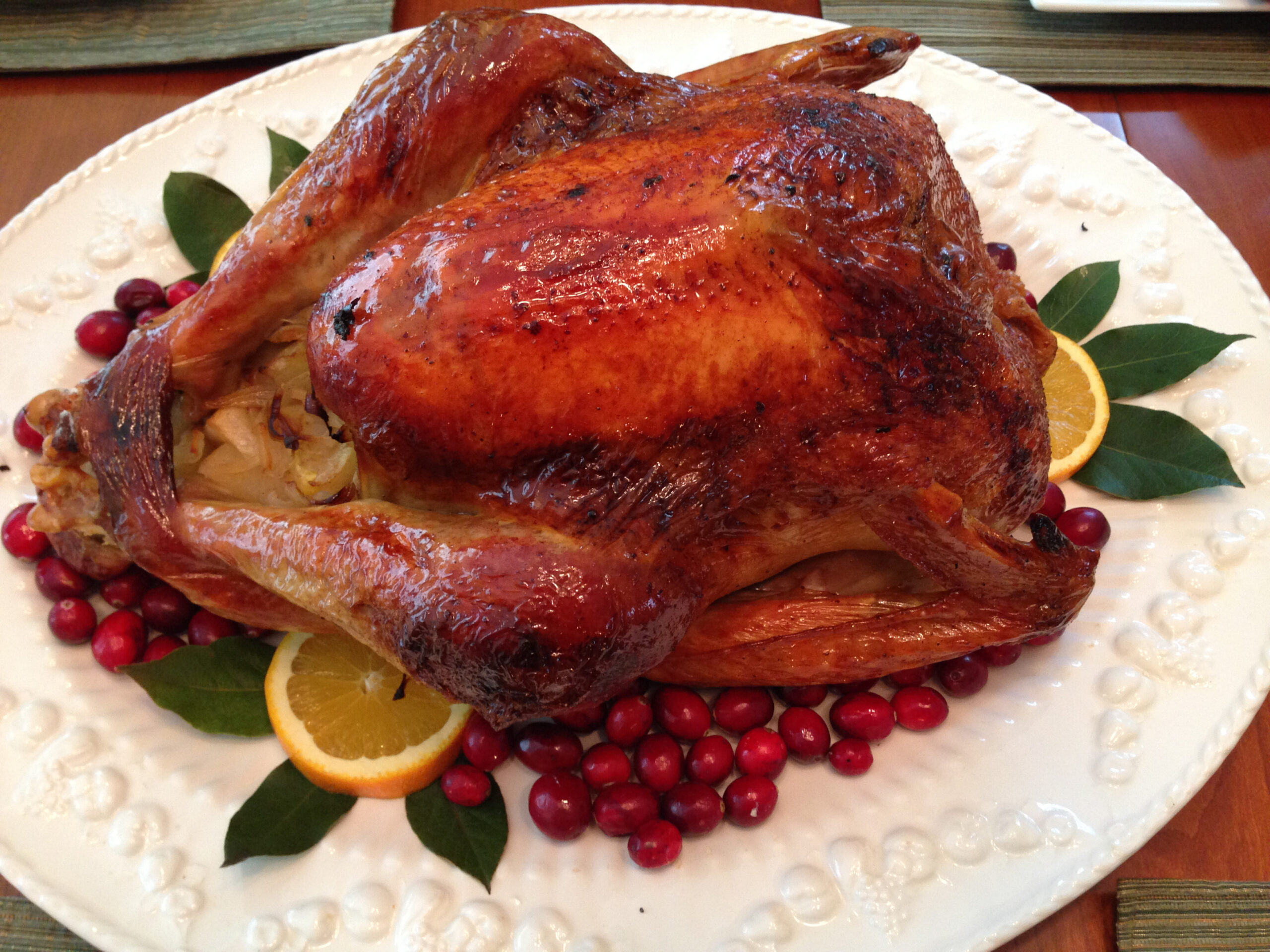
Thinking of purchasing a turkey for the holidays? Is a Heritage Turkey worth the cost? Many store-bought conventional turkeys are injected with salt, water and other preservatives during processing to assist with the extended shelf life and to make sure that they make it thousands of miles from the factory to your home (which could take days, if not longer) before going bad. Since heritage turkeys are not mass produced, the heritage breed turkeys are not injected with preservatives, which allow you to enjoy one hundred percent of the turkey’s true flavor. Taste is not the only factor to consider for the optimal experience. If you, like many others, are trying to be more mindful of the moral and environmental impact of your food choices, then Thanksgiving dinner is the perfect start.
Commercially raised turkeys are the Broad-Breasted White turkey. However, there are also Broad-Breasted Bronze turkeys, and both BB breeds can be raised humanely, free range, organic and natural. Don’t make the assumption that all Broad-Breasted breeds are white, and all are raised in factory settings. They are HYBRIDS, they are NOT genetically modified.
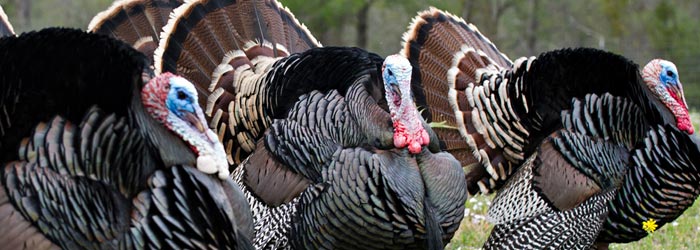
Heritage turkeys are an old-fashioned breed, but their popularity has shown a recent resurgence. Heritage turkeys are hard-to-find breeds such as Narragansett, Standard Bronze, Blue Slate and Bourbon Reds. They are similar to what the Pilgrims themselves enjoyed during holiday times.
These breeds have smaller breasts, darker leg meat and a truer, gamier “turkey” flavor than the factory-farm raised turkeys. Heritage birds are also raised for longer periods than the conventional birds. These breeds have a slaughter age of 26 to 28 weeks, while the conventional bird is ready for slaughter in 14-18 weeks. Heritage birds are also raised in smaller flocks and are generally given access to fresh air, sunshine, and pasture, making them more humanely raised than their factory-farm raised counterpart. This extra grow time and freedom allows for
Here are the different types of heritage turkeys available for your Thanksgiving feast:
USDA Certified Organic turkeys are fed without pesticides,
Non-GMO turkeys are raised without GMO feed.
Vegetarian-Fed birds live on a veggie diet.
Cage-Free turkeys are allowed out of their cages for 51% of their lives—but there is no restriction on how large that “outdoor” area should be.
Free-Range means the birds are not confined to cages—but that doesn’t mean they’re ranging on grass.
Pastured turkeys are raised without cages on grass and insects.
Day-Range means the birds are pastured during the day, and cooped at night without cages.
Kosher turkeys don’t have to be raised in a certain way; the way that they are slaughtered makes them kosher or not.
Simple, right? I know: Not so much. In my family, we go with a USDA Certified Organic, pastured, heritage turkey. It’s once a year, and to me it’s worth the investment to avoid antibiotics, pesticides, chemical fertilizers, GMOs and other synthetic ingredients. And
Finding Your Heritage Turkey
While conventional turkeys are found in abundance in every supermarket in the United States, heritage breed turkeys can be a little more work to find, but the effort is worth it. Heritage turkeys can generally be found at local specialty farms, organic markets and Amish or Mennonite farms if you are lucky enough to have some in your area at a local farm. The internet is an invaluable resource to
There is a price difference between the conventional and heritage turkey, but the reasons for the extra costs are justified, particularly once you spend a little time with the farmers to learn how exactly they raised a happy, healthy heritage turkey.
Taste is not the only factor to consider for the optimal experience. If you, like many others, are trying to be more mindful of the moral and environmental impact of your food choices, then Thanksgiving dinner is the perfect start. If you are willing to pay more for a higher quality bird, the heritage breed provides you with the opportunity to support a local farm and enjoy your meal knowing the turkey got to enjoy its entire life like a true turkey should—without confinement and with all the fresh air it can breathe. Take the plunge for the holiday meal this year! You will never look at a conventional supermarket turkey the same way again.

